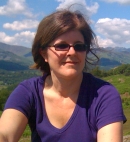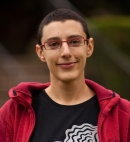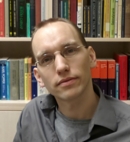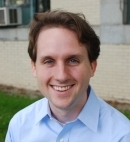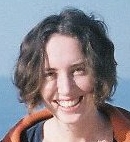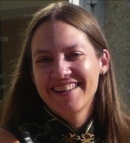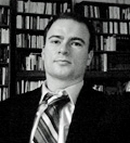Rachael Briggs earned her PhD in philosophy in 2009, and now works at the Australian National University and Griffith University in decision theory, metaphysics, and formal epistemology. She is currently working on two Discovery Projects. Wellbeing, Preferences, and Basic Goods is a book-length project defending desire-satisfaction theories of wellbeing. Decision Theory in Crisis, held jointly with Daniel Nolan and Alan Hájek, is a general investigation into the foundations of causal decision theory. Her other research interests include truthmaking, judgment aggregation, the logic of counterfactuals, and the metaphysics of chance. Her tutorials will cover basic concepts of decision theory (such as probability, expected utility, and the role of preferences), and discuss their applications to causation, hypothesis testing, and the assessment of risk. For more information, visit her website.


